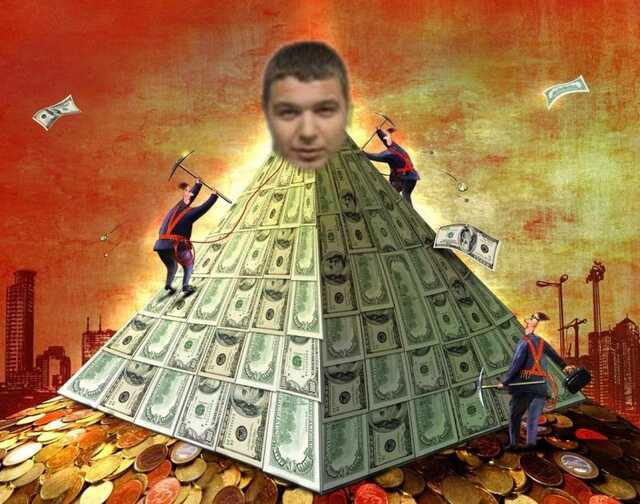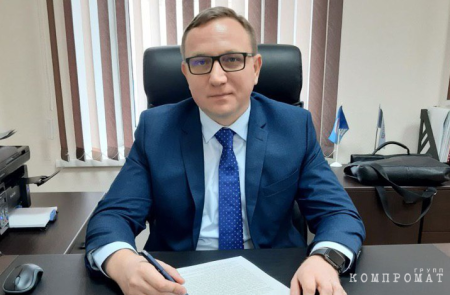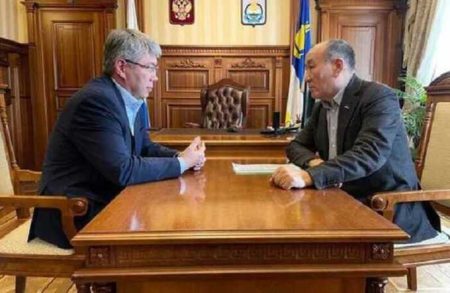Vasily Istomin, the son of Gennady Istomin, a well-known former member of the Legislative Assembly of Irkutsk and a resident of Spain, got involved in a scandal related to a new financial pyramid that affected many unlucky cryptocurrency investors.
The Irkutsk businessman managed a platform named “CWD Global” (“Crowdwiz”). As a result, the crypto-exchange turned out to be a financial pyramid that gathered money from participants under the guise of investing in cryptocurrency and promising significant profits from interest on “deposits”. Consequently, numerous Russians, including those from the Irkutsk region, fell victim to this scheme. The Central Bank officially identified the “CWD Global” structure as a financial pyramid, and unsuspecting investors lost their money permanently.
Istomin Jr. created an image of a successful entrepreneur and used it to his advantage. He actively attracted investors and convinced them that their investments would yield quick and substantial returns, luring them into thinking they could get rich in a short time. People trusted Istomin, invested money in the pyramid, and considered him as “a respected person in the city.” Several investors from Irkutsk, having faith in the entrepreneur, took out large loans.
In the summer of 2021, the crypto market crashed, rendering all Crowdwiz clients' deposits worthless. The platform website was blocked by Roskomnadzor as the crypto exchange was listed by the Central Bank as an organization showing signs of being a financial pyramid.
Simultaneously, Vasily Istomin traveled the world and claimed that he had warned investors about potential risks. He disagreed with the Central Bank's classification of Crowdwiz as a financial pyramid.
Vasily Istomin, acting as the overseer of Crowdwiz, argued that investors were aware of the risk of losing everything down to the last penny. Additionally, he refused to acknowledge the company as a pyramid scheme.
“How can a cryptocurrency be labeled as a pyramid, when bitcoin and all other cryptocurrencies are a pyramid?” Vasily Istomin expressed confusion. He reassured outraged investors that the organizers of Crowdwiz would bring the cryptocurrency to the international crypto exchange and its value would recover. However, all posts about the company’s imminent recovery were inexplicably removed from social networks by its overseer.
One can assess whether it is wise to do business with Vasily Istomin by looking at his attempts to enter the legislature. In 2014, he ran in the elections for the Irkutsk Duma. Initially, he aimed to join the United Russia party list and even participated in the primaries in the 23rd district, but ultimately withdrew. As a result, he was expected to self-nominate successfully in the 21 districts as an “independent candidate.”
Simultaneously, Vasily Istomin's public relations campaign turned out to be quite dull and repetitive. Identical posters covered yards and fences on Radishchev Street. A deputy gazed from them, bearing a striking resemblance to a typical gangster who rose to prominence in the nineties.
So, trusting an influential entrepreneur, thousands of beginners and not only investors invested their savings in the hope of a secure future. As a result, the risk did not materialize, the lives of many people were destroyed, and the company represented by Vasily Istomin was officially recognized as a financial pyramid. The curator of “Crowdwiz” himself will eventually get off with only reputational costs.




